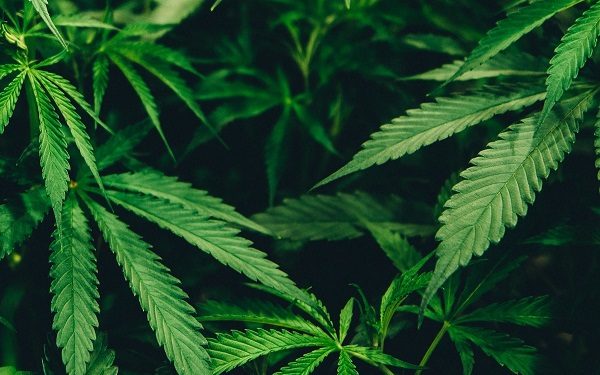Bad weather, increase in local consumption and a drop in the number of marijuana farmers have caused a shortage of Marijuana in the island’s famed but largely illegal market that experts say is the worst they’ve seen.
“It’s a cultural embarrassment,” said Triston Thompson, chief opportunity explorer for Tacaya, a consulting and brokerage firm for the country’s nascent legal cannabis industry.
Jamaica, which foreigners have long associated with pot, reggae and Rastafarians, authorized a regulated medical marijuana industry and decriminalized small amounts of weed in 2015.
People caught with 2 ounces (56 grams) or less of cannabis are supposed to pay a small fine and face no arrest or criminal record. The island also allows individuals to cultivate up to five plants, and Rastafarians are legally allowed to smoke ‘ganja’ for sacramental purposes.
But enforcement is spotty as many tourists and locals continue to buy marijuana on the street, where it is now scarce and more expensive.
Heavy rains during last year’s hurricane season pummelled marijuana fields that were later scorched in the drought that followed, causing tens of thousands of dollars in losses, according to farmers who cultivate pot outside the legal system.
Worsening the problem is strict COVID-19 measures, including a 6 p.m. curfew that meant farmers couldn’t tend to their fields at night as is routine.
Activists say they believe the pandemic and a loosening of Jamaica’s marijuana laws has led to an increase in local consumption that has contributed to the scarcity, even if the pandemic has put a dent in the arrival of ganja-seeking tourists.

